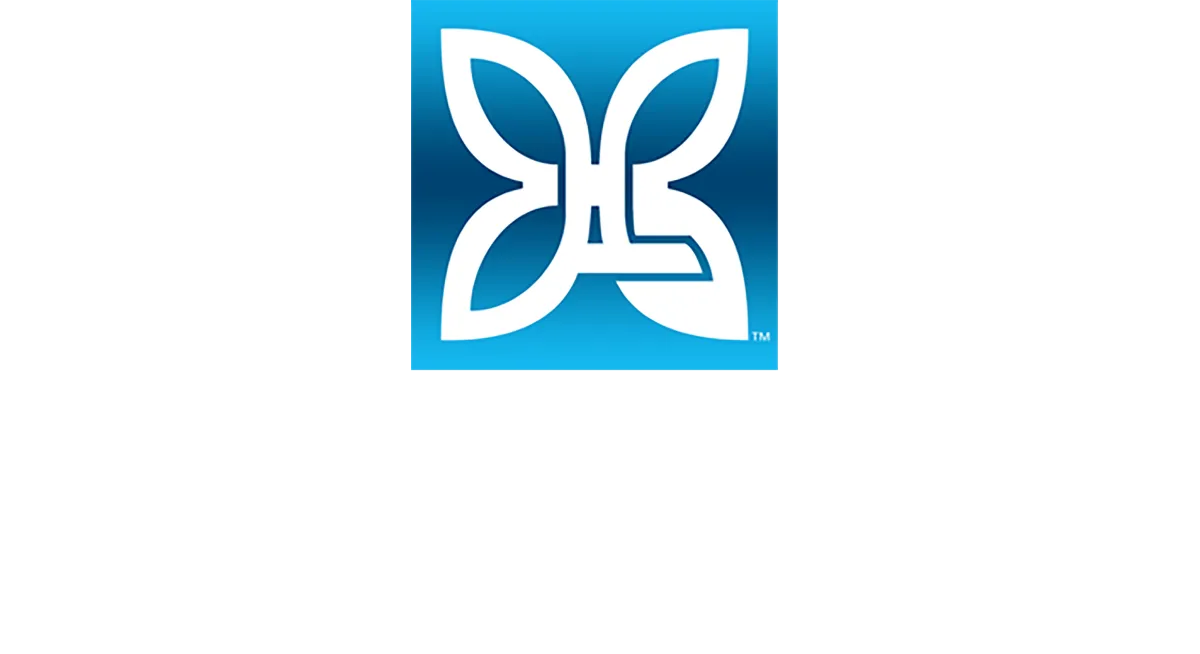S1 EPISODE #4
You're Not Starting from Scratch, You're Starting from Disconnected
Welcome to Her Financial Frequency: Your New Go-To Podcast for Women and Wealth

Published: July 22th, 2025
By: The Her Financial Frequency Team
If you've ever looked at a retirement statement and thought, "Wait, what even is this account?", you're not alone—and you're in the right place. In this episode, we demystify the financial accounts you may already have, explain what they mean, and share how to start reconnecting with your money—even if it’s been on autopilot for years.
No shame, just clarity. Let’s get into it.
What Is a 401(k) and Why It Matters
If you've ever worked in corporate, you likely have a 401(k) floating around somewhere. But what exactly is it?
A 401(k) is a workplace-sponsored retirement account where you can contribute a portion of your paycheck before taxes. Some employers even match your contributions—which is essentially free money. However, you typically can't withdraw from it without penalties until age 59½.
Pro Tip: Always contribute at least enough to get the full employer match.
Traditional IRA vs. Roth IRA: What’s the Difference?
A Traditional IRA is an individually opened retirement account. Contributions may be tax-deductible, but you’ll pay taxes when you withdraw the money. A Roth IRA is funded with after-tax dollars, but the money grows tax-free, and you can withdraw it tax-free in retirement.
Summary:
Traditional IRA = Pre-tax now, taxed later
Roth IRA = Taxed now, tax-free later
What Is a Brokerage Account?
Investing isn’t only for retirement. A taxable brokerage account lets you invest in stocks, mutual funds, ETFs, and even crypto—without retirement age restrictions. It’s a flexible way to build wealth. You can take the money out whenever you need it, but you’ll pay taxes on any gains.
When to Use It:
> After you've maxed out retirement accounts
> If you're self-employed or don’t have access to a 401(k)
> If you're saving for non-retirement goals like a home or a big trip
Where Can I Open a Brokerage Account?
Start by researching platforms like:
> Charles Schwab
> Vanguard
> Tastytrade
Most brokerage firms allow you to open accounts online in just a few minutes. If your 401(k) is already with a provider like Schwab, you may even be able to open a brokerage account with them too.
Money Market Accounts vs. CDs: What’s the Difference?
Not all savings accounts are created equal:
Money Market Account
> Higher interest than a traditional savings account
> Requires a higher minimum balance
> Easy access to funds
> Best For: Emergency funds
CD (Certificate of Deposit)
> Locks your money in for a set term (6 or 12 months, etc.)
> Higher interest rate than a money market account
> Penalties for early withdrawal
> Best For: Short-term savings you won’t touch
Should You Keep Money There Long-Term?
These accounts are great for safety, but they’re not where you want to park your long-term growth money. They protect you from volatility—but also from compounding returns. Instead, learn about compounding: When your money earns interest, and then that interest earns interest—creating exponential growth over time.
Have Old Accounts You’ve Forgotten About?
You might have:
> 401(k) from a past job
> Pension
> Company stock
> IRAs that are sitting idle
What To Do:
> Start with your old HR department to track down the plan provider.
> Log in or reset your credentials.
> Decide whether to roll it over, invest it differently, or leave it.
> Don’t ignore old accounts—even small balances can add up over time.
How to Stay on Top of Your Accounts:
> Create a spreadsheet to manually track all accounts
> Set quarterly calendar reminders to review your money
> Save your login credentials securely
> Actually read your statements and emails
> Awareness = Access = Authority
What About Pensions and Company Stock?
Company stock is often part of your 401(k) match and grows as the company grows.
Pensions, while rare today, still exist in some companies.
You may be able to:
> Receive monthly payments in retirement
> Roll them into another account with better growth potential
Even if it's a small amount, pay attention. Every dollar counts
Final Thoughts: You're Not Starting from Scratch
Here’s the truth: You’re not starting from zero. You’re starting from disconnected—and that’s totally fixable.
Get Started Now: Download Our Free Checklist
Download our “Find Your Money” Checklist to track down every account and make more intentional financial decisions.
Want More?
Subscribe to the podcast so you never miss an episode.
Drop your investing questions in the comments — we’ll cover them in future episodes.
Share this blog with a friend who’s ready to start investing.
Remember: Wealth isn’t just about numbers — it’s about energy, alignment, and intention.
Her Financial Frequency: Helping women stop playing small and start building legacy wealth with purpose.
Follow us on Instagram: @HerFinancialFrequency
Have questions or stories to share? Contact us at [email protected].
"Be humble, be teachable and always keep learning."
— John Wooden
Disclaimer: This content is for informational purposes and to gauge potential investor interest. This content is not intended to be financial advice, a general solicitation, or a securities offering of any kind. Prior to making any decision to contribute capital, all investors must review and execute all private offering documents, including the Private Placement Memorandum and its exhibits, which contains the complete information about any investment opportunity. Nothing in this content should be interpreted as a digital or electronic signature that can be used to authenticate a contract or legal document.

